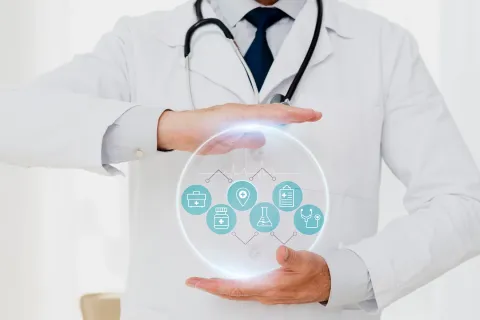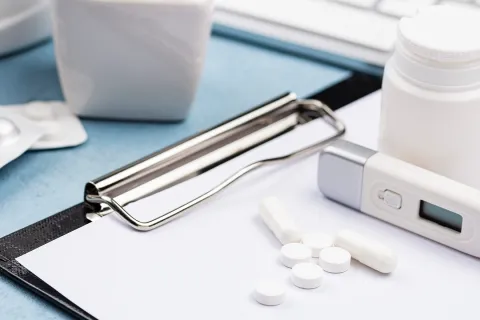
Bioanalytical reports are essential documents that present the results of measuring drug concentrations, metabolites, biologics, and biomarkers in biological matrices (e.g., blood, serum, plasma, saliva, urine, CSF, or tissue), an essential aspect of therapeutic product development. They provide the basis for pharmacokinetic and toxicokinetic evaluations and support regulatory submissions. These essential documents demonstrate the quality and validity of the data obtained from measuring drug concentrations or biomarkers in biological samples.
Regulated bioanalysis is the application of analytical methods to measure drug concentrations and biomarkers in biological samples under strict quality standards. This is essential for developing and approving of new drugs, as it provides reliable data on pharmacokinetics, pharmacodynamics, clinical safety, and efficacy. Regulated bioanalysis requires compliance with various guidelines and regulations from authorities such as the FDA, EMA, ICH, HC, ANVISA, and OECD. Regulated bioanalysis is performed by qualified and trained personnel using state-of-the-art instruments and validated methods. Writing bioanalytical reports requires a thorough understanding of the bioanalytical methods, regulatory requirements, data quality, validation, interpretation, and application of data presentation techniques.
Bioanalytical method validation is crucial in developing, evaluating, and approving new drugs. It ensures that the analytical methods used to measure the drug and its metabolites in biological samples are accurate, precise, sensitive, specific, and reliable. The regulatory agencies had issued guidelines on bioanalytical method validation that provide recommendations on the design, conduct, and reporting of validation studies. The guidelines for bioanalytical method validation cover various aspects such as method development, calibration, quality control, stability, selectivity, accuracy, precision, recovery, matrix effect, and reproducibility, including acceptance criteria and method transfer details.
Bioavailability/ Bioequivalence [BA/BE] biostudies (PK-studies) are essential for evaluating the bioavailability and bioequivalence of drug products. These studies help to ensure that generic drugs have the same safety and efficacy as their branded counterparts. BA/BE biostudies must be conducted following good laboratory practices (GLP) to ensure the quality and integrity of the data. By conducting PK studies, drug developers can demonstrate their adherence to regulatory requirements and ethical principles and increase their chances of obtaining market approval for their products.
Freyr is the leading largest global regulatory solutions and services provider, including the preparation of bioanalytical reports for pharmaceutical and biotechnology companies. Freyr has extensive experience and expertise in reviewing bioanalytical reports for various studies, such as pharmacokinetic, pharmacodynamic, immunogenicity, biomarker, and bioequivalence studies. Freyr’s review process ensures that the bioanalytical reports comply with the regulatory guidelines, requirements, scientific standards, and best practices. Freyr’s reviewers have in-depth knowledge and understanding of the bioanalytical methods, validation parameters, data analysis, and interpretation techniques to ensure high-quality standards of the bioanalytical reports.
Freyr offers the following services related to regulated bioanalysis:
- QC/ Gap analysis of clinical & non-clinical documents
- Preparation of SOPs, work instructions, working documents and flow charts for bioanalytical processes.
- Preparation of logbooks (instruments/equipments/process related), raw data templates, checklists, log sheets & validated excels, and workflow procedures, including design and content for the bioanalytical processes as per the regulatory requirements.
- Chromatogram checking, selection of repeats & ISR samples.
- Quality check of raw data, source data & log books.
- Addressing/closing of CAPA/Batch failures/Out of Specifications/Unexpected Test Results
- Support for facility audit/ Biostudy monitoring
- Support for audit-ready facility
- Support for method development, Pre-method validation & method validation documentation.









